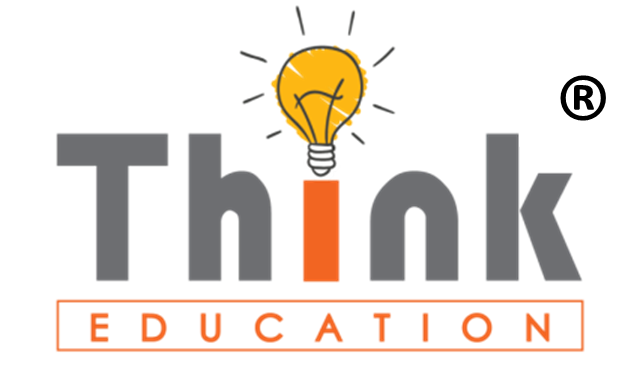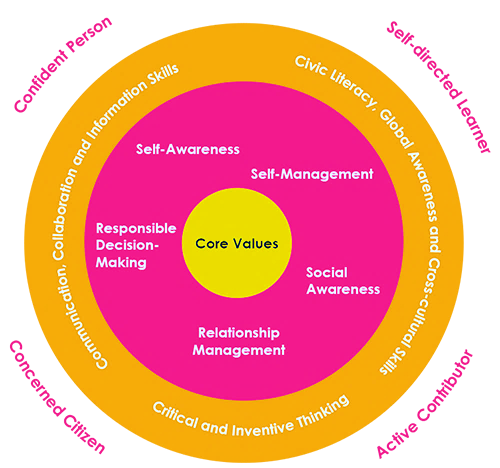About iThink Science
iThink Science aims to present our students with the amazing wonders of science all around us, through fun and interesting ways!
iThink Science trains students in observation, investigation, innovative, critical & creative thinking skills through the Singapore Science Curriculum, a successful programme evident by the performance of its students, topping PISA rankings.
Our Science Teaching, Learning & Assessment Strategies are based on 5E Instructional Model

Our Aims of Teaching Science
Guide students in acquiring knowledge with understanding for application in their daily lives such that they:
• are motivated to learn science through contextual and hands-on learning;
• are able to problem-solve and use thinking and inquiry processes;
• can communicate effectively;
• develop safety consciousness and safe practice;
• become confident citizens who are able to cope with the changing and progressive nature of science and technology in the world.
Enable students to develop 21st century competencies which would enable them to:
• acquire problem-solving skills and use thinking and inquiry processes;
• become responsible individuals and productive citizens;
• acquire life-long learning skills;
• show care and concern for people and the environment;
• use information communications technology (ICT) for communications, collaboration and as a tool for data collection and the analysis of results.
Enable students to be suitably prepared for post-secondary courses, such that they:
• develop abilities and skills which would also be relevant and useful in the work place;
• become aware of the impact of science and technology on society, industry, and business.

